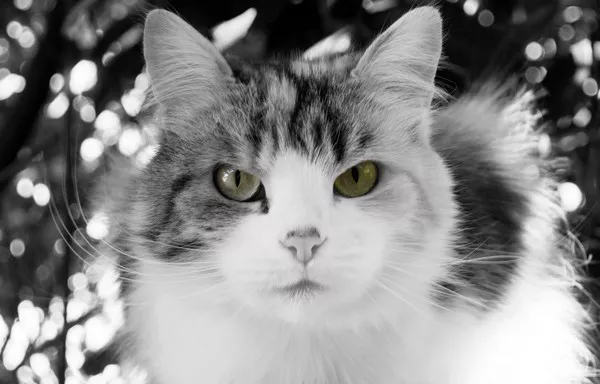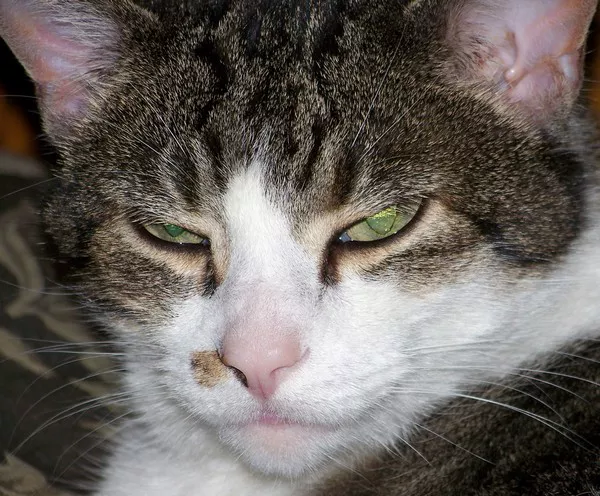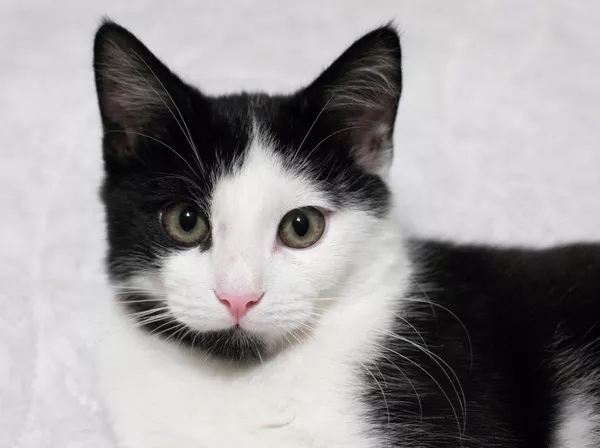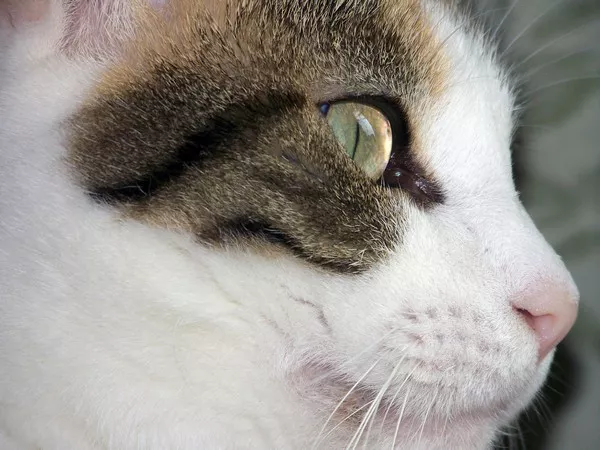Colorado Public Radio has recently highlighted a concerning development: the H5N1 avian flu virus has been detected in several domestic cats across the state. This information was initially shared by the Colorado Veterinary Medical Association.
The detection of H5N1 in felines includes six confirmed cases, with only one occurring outside Northern Colorado, an area already grappling with severe poultry and cattle outbreaks of the virus. According to reports from the USDA, five of these feline cases are located in the northern counties of Adams, Larimer, and Morgan.
Similar instances of avian flu affecting domestic cats have also been reported in Texas. Since 2022, the avian flu virus has been found in various Colorado mammals, including red foxes, mountain lions, bobcats, black bears, and smaller rodents like deer mice, house mice, and prairie voles.
Despite these developments, Colorado health officials emphasize that there is no evidence linking these cases to human infections. The risk of H5N1 to the general public remains minimal. The infected cats include two that are strictly indoor pets and three that are allowed outdoors where they hunt for mice or small birds. Notably, H5N1-positive mice are relatively common in Colorado.
Since the onset of the current avian flu outbreak in early 2022, the U.S. has reported 14 human cases across three states. Of these, four cases were linked to exposure to infected dairy cows, while ten were associated with poultry exposure between April 28, 2022, and July 25, 2024.
The avian flu outbreak has led to significant losses, with over 100 million birds from commercial flocks affected across 48 states. Since March, 190 dairy herds in 13 states, including 63 in Colorado, have been reported as infected.
The CDC’s flu surveillance systems currently show no unusual influenza activity in humans, including avian influenza A(H5). Nonetheless, the CDC is prepared with 4.8 million doses of a potential vaccine and is ready to deploy them if necessary. To date, human cases have been mild, and person-to-person transmission remains unconfirmed. Antiviral treatments are currently preferred over vaccination.
For now, the situation remains under control, and no further immediate action is required beyond monitoring and preventive measures.
Related Topics
Why Are Persian Cats So Famous?























